Nevada Recording Laws: Know Before You Record
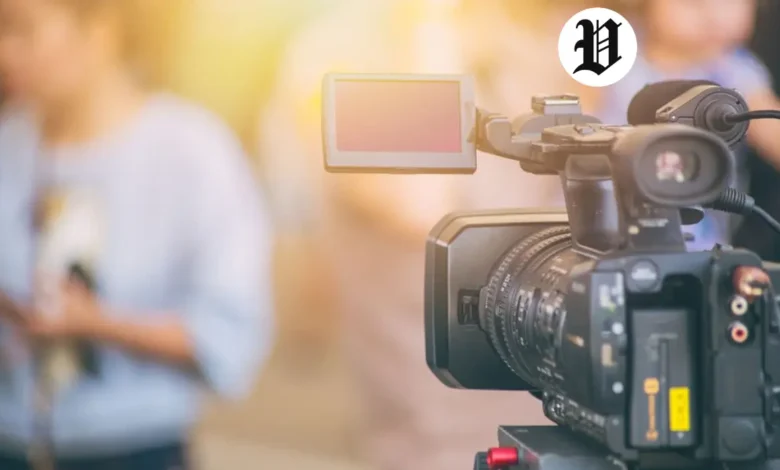
Picture this: You’re in a tense meeting at work, and words fly that could change everything. You pull out your phone and hit record. Smart move or legal nightmare? In Nevada, the rules on recording conversations balance privacy rights with practical needs. You need to know them to avoid fines or worse. This guide breaks it down so you stay informed and protected.
Recording laws protect your privacy while allowing evidence gathering in disputes. They vary by state, and Nevada has its own twists. Get it wrong, and you face serious consequences. Stick around to learn how these laws apply to your daily life.
Understanding Consent in Nevada Recording Laws
Consent drives Nevada’s approach to recordings. You must grasp the basics to navigate situations safely. Nevada mixes rules depending on the type of communication.
States fall into two main categories for consent. One-party consent lets you record if you’re involved or one person agrees. Two-party consent requires everyone to approve. Nevada doesn’t fit neatly into one box.
Is Nevada a One-Party Consent State?
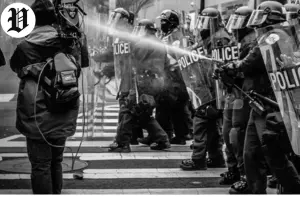
You often hear questions like is Nevada a one party consent state or is Nevada a single party consent state. For in-person talks, yes. You can record without telling others if you’re part of the conversation. This stems from state statutes that prioritize flexibility.
But life throws curveballs. Courts have weighed in over the years. Nevada’s Supreme Court has leaned toward stricter interpretations in some tricky cases. Still, the core rule holds up for most everyday stuff.
Is Nevada a Two-Party Consent State?
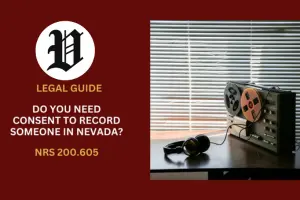
Now, switch to phone calls, and the game changes. Is Nevada a two party consent state? For wire communications like calls, it basically does. You need all parties’ okay to record legally. This keeps unauthorized wiretapping in check.
People get mixed up because Nevada plays both sides. Face-to-face? One-party works. On the line? Two-party rules. Double-check the setup before you start recording.
| Consent Type | Applies To | Requirement |
| One-Party Consent | In-person conversations | You or one participant must agree |
| Two-Party Consent | Phone calls and wire communications | All participants must agree |
This table lays out the differences plainly. Glance at it when you’re unsure.
Audio Recording Laws in Nevada
Audio picks up voices, so it’s touchy territory under the law. Nevada draws firm lines. You bump into audio recording laws in Nevada in all sorts of situations, from business huddles to casual chats.
For those up-close discussions, record away if you’re in the mix. Picture negotiating a contract over coffee. Slip your phone into record mode quietly. Your consent makes it okay.
Out in public, it’s even looser. With no real privacy bubble, you worry less. Spotting a public spat? Recording it probably slides by. But indoors or private spots crank up the caution.
Can You Record a Conversation in Nevada Without Consent?
Folks wonder, can you record a conversation in Nevada or can I record a conversation in Nevada? It hinges on the details. Face-to-face with your involvement? Go for it, no announcements needed.
Think about a friend venting over drinks. You record on the sly. That clip might save the day down the road. Just don’t turn into a spy on unrelated talks.
Over the phone, though, Nevada two party consent takes over. Only record if everybody’s on board. Ignore that, and you’re in hot water.
People also see: INA 237 Unveiled: Your Guide to US Deportation Laws
Video Recording Laws in Nevada
Video throws in visuals, ramping up the privacy stakes. Video recording laws in Nevada zero in on locations and methods. Open areas give you more leeway.
Capture street scenes or mishaps freely in public. No consent required, since privacy isn’t assumed. Like filming a minor crash on the Strip.
Step into private zones, and tread lightly. Shooting inside someone’s place? Better get the nod, or trouble brews. Nevada privacy law stands guard against creepy footage.
Sneaky cams stir up arguments. Setting one up at your pad for protection? Fine if it’s your turf. Steer clear of spots like restrooms where folks expect solitude.
Legal Limits on Video in Sensitive Areas
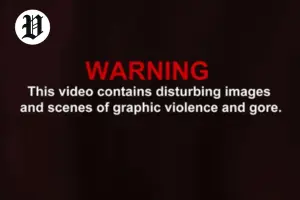
Some places flat-out forbid video. Locker rooms, toilets—privacy is king there. Cross that line, and repercussions hit.
Shops roll cameras for theft prevention. They hang signs warning you. Walking in means you accept it. Sort of like silent agreement.
When Is It Illegal to Record a Conversation in Nevada?
Not all recordings pass muster. Spot the warnings to keep clear. Is it illegal to record a conversation in Nevada? Usually not, but slip up and it is.
Snooping ranks high on the no-list. Overhearing private exchanges you’re not in? Illegal without a green light from someone involved. Nevada codes like NRS 200.650 spell it out.
Tapping lines without full buy-in breaks state of Nevada laws. Texts get similar treatment. Judges see them as wired chats.
Scenarios Where Recording Breaks the Law
Imagine planting a bug in a conference room. You bail, but it snags dialogues. That’s straight-up invasion. Could land you felony status.
Or using tapes to twist arms. Extortion or bullying? Legal stuff turns sour fast. Rules shield against that nonsense.
Sneaking onto property to film piles on problems. Nevada trespass statute tacks on extras if you’re uninvited. Mix in recording, and it’s a mess.
Penalties for Violating Nevada Recording Laws
Mess up, and it stings. Nevada recording laws pack a punch. Get familiar to dodge the hits.
Unlawful audio or video might snag you a category D felony. That’s one to four years behind bars. Plus fines up to $5,000.
Lawsuits can follow. Folks hit back for privacy violations. Payouts add up. Statute of limitations Nevada civil suit gives them a window—often two years.
First-timers might catch a break. But do it again? Judges throw the book. They look at motives and damage done.
People also see: Did George Washington Write the US Constitution?
Real-World Examples of Violations
Consider a boss wiring the break room secretly. Workers find out and sue big-time for snooping. It plays out more often than you’d guess.
Or recording a call to get even. Authorities slap on wiretap charges. The person coughs up cash and does time. Stories like these drive the point home.
Nevada Privacy Law and Its Impact on Recordings
Privacy forms the backbone here. Nevada privacy law keeps pace with gadgets. It defends your personal bubble from prying.
You count on seclusion at home or in your ride. Record without permission? You’re barging in. NV law draws those lines sharp.
Out in the open versus tucked away makes a difference. Sidewalk? No big deal. Quiet corner? Privacy amps up.
Balancing Privacy and Security
Folks rig cams at home to feel safe. Okay if aimed at your own yard. Swing toward the neighbor’s? Gripes incoming.
Offices surveil for protection. They post policies. Signs say “You’re being watched.” That handles the consent part.
Special Considerations in Nevada Laws
Nevada throws in some quirks. No touch law Nevada ties into other stuff, but we’re sticking to recordings. Focus there.
Election buzz sparked queries like why have Nevada and Arizona not been called. Not our lane, but it shows how spotlights swing.
Legal in Nevada shifts with specifics. When unsure, talk to experts.
Recording in Professional Settings
Medical offices require extra care. Federal rules like HIPAA layer on. Taping a checkup? Ask upfront.
Attorney discussions stay hush-hush. Record sneakily? Ethics go out the window.
Conference calls demand everyone’s thumbs-up. Miss that, and partnerships fray.
Protecting Yourself When Recording
Stay sharp. Tell people you’re recording when it makes sense. Builds goodwill and shields you.
Grab apps that flag consent. Some ask for sign-offs before rolling.
Keep files locked down. Misplace them, and new headaches pop up.
Hesitant? Skip the record button. Safer than hashing out is it legal to record a conversation in Nevada in front of a judge.
These pointers help you toe the line. They turn recordings into useful tools without the drama.
FAQ
Is Nevada a 2 party consent state?
No, for in-person conversations, Nevada follows one-party consent. You can record if you’re involved. But for phone calls, it requires two-party consent from all participants.
Is Nevada a two party consent state?
It depends on the type. In-person talks need only one-party consent. Phone or wire communications demand agreement from everyone, making it effectively two-party in those cases.
Is it legal to record a conversation in Nevada?
Yes, if it’s in-person and you’re a participant, or you have one party’s consent. Always confirm the setting to avoid violations.
Is it illegal to record a conversation in Nevada?
It becomes illegal if you lack proper consent, especially for phone calls or when invading privacy. Eavesdropping on private talks without approval breaks the law.
Nevada two party consent
This applies mainly to telephone conversations. You must get consent from all parties before recording any wire communication.
Nevada one party consent
For face-to-face discussions, Nevada uses one-party consent. Your agreement as a participant suffices, but stick to ethical use.
Audio recording laws in Nevada
These laws allow one-party consent for in-person audio but require all-party for phones. Penalties for breaking them include fines and potential jail time.
Is Nevada a one party consent state for recording?
Yes, primarily for oral, in-person recordings. This flexibility helps in gathering evidence, but respect privacy boundaries.
Is Nevada a single party consent state?
Indeed, it is for conversations happening face-to-face. This means you don’t need to inform others if you’re recording for your own records.
Can you record a conversation in Nevada?
Absolutely, under one-party rules for in-person chats. For safety, consider announcing it in sensitive situations to prevent disputes.

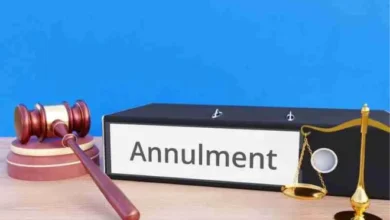
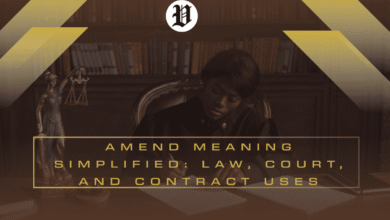

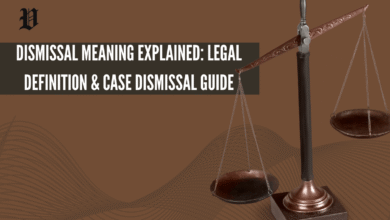
One Comment